It is commonplace that the December run-up to the holiday season (aka the Christmas season) is heavy with festivity. The well-lubricated office Christmas parties of yore were legendary, while at home the domestic calendar brimmed with all sorts of communal gaiety. This all occurred during Advent, which in the old Christian dispensation was a penitential season. Except when among the most devout, I was never able to see that this much dampened the fun. As the marketers now see it, the season of getting and spending stretches from somewhere around Halloween right up to Christmas when, all of a shameless sudden, it’s on to Valentine’s. This leaves New Year’s curiously — sometimes on the coldest night of the year — out in the cold.
New Year’s falls on the eighth day of the twelve-day Christmas season. New Year’s parties, whether civilized old-fashioned dinner dances at the country club or wilder bashes, long had this in common: they required a babysitter and culminated at midnight with silly hats and (usually) cheap champagne. There is however another way to think about all this, which helps return the New Year to its place within a grander ritual of things. Here in Virginia, it involves dinner.
There is no theme to our New Year’s Evenings, but there is a certain consistency. Nothing can be “everyday.” Guests know to appear in black tie, pearls and decorations. Formal dress confers an air of equality across our company, like school uniforms, whether we are in our prime and have achieved worldly distinction, or are young and still striving, or are old and rather past any of this. Diversity, you ask? Our ladies’ gowns provide it and much more: they sparkle. Moreover, formality does not mean things need be expensive, even though our current 1970s-level inflation has made even modest victuals dear. Perhaps there is an argument for dispensing with economy entirely on this one evening. When everything costs too much, why not, for a once-a-year high-celebration feast, invest in prime provisions as a poke in the eye to the gray equitarians who have brought our current calamities upon us? Cocktails are enjoyed in moderation (never more than two rounds are offered; I myself am down to one), which means that guests come to the dining room pleasantly in-the-spirit but alert to the festal treat about to begin. Printed menu cards at each place map the bill of fare. There must be several courses, the pace of their delivery and enjoyment unhurried. Adhering, gently, to a schedule is important however, since we must all get to midnight. Guests arrive, 6:30 to 7:00; dinner, by 8:30, followed by coffee with port or brandy, 10:00 to 10:30 or so.
A celebration dinner demands competence rather than brilliance in the kitchen, and, of far greater value, the benison of guests of the right sort. They will not be many. Over the years we have hosted six to ten, which is the maximum, I have found, that can be served at table by the cook(s) alone, without additional help. There are generally good cheeses with our drinks; some years, warm canapés inherited from my mother’s history of entertaining back when in-home dinner parties were not rarities but routine. Once seated, we begin with warming soup ladled from a tureen, with soft rolls: salmon bisque, cream of oyster, French onion. If it is a year when we have felt particularly ambitious, some sort of smoked fish course, in these parts usually trout, might follow. A full-on fish course is too much to handle, minus added help in the kitchen, but who knows, with careful planning it too could be made to work. One is also mindful of the deterrent fact that people (at least these sort of people) eat less than they used to, and that there is heavy nourishment to follow, appetite for which must not be spoiled. In a word invented by an old southern friend from Alabama that captures the fullness of this moment better than any in the dictionary, guests should feel “sufficiated” at the end of the meal, not during it. The main course is meat roasted on the bone; it may be standing ribs of beef, crown roast of pork or simple pork loin (not sissy tenderloin); or crown roast, loin or leg of lamb. If it has been a good season in the woods and my hunter friends have been generous, there may be venison: a haunch well-marinated and slow-roasted is highly festive. A sauce will accompany, raifort for beef and venison, currant or other fruity alternative for pork, mint always for lamb. Sauce passes in a boat. Whatever bounteous flesh emerges from the oven, we carve it at tableside or on the sideboard in the presence of the assembled company. This takes some skill and a sharp carving knife, and presumes patient guests. But it has great value: it turns heads, whets anticipation and reminds us that the noble beast before us neither lived nor died in vain.
All of the above will fill an hour to an hour and a half, which begins to press our guests’ sitting capacity. My traditionalist wife yet prefers dessert still to be served at the table. I lean toward the sitting room and soft chairs. Chocolate pots de crème are a mutual favorite and their small ramequins on saucers are equally amenable to table or coffee service. Pears poached in brandy and cinnamon have made an appearance from time to time, too. The point to remember is that dessert, while it may be rich, must not be large.
After a feast, people need to stand up, walk around, to be quiet, collect themselves. In old-style English country house hotels, the form was always “coffee in the lounge.” Here, I like to think we serve better coffee, but it is still poured from silver in the living room before a fire. Comfortably settled down, we then share in reading from A Remaining Christmas (1928), Hilaire Belloc’s poignant recollection of his family house in Sussex and Christmas seasons there between the wars. At the approach of midnight, we remove ourselves down the hall to another fire and the sitting room where the evening began. Here we will enjoy the showiness of a flaming pudding, a hard sauce or two and, as the hour strikes, uncork not-too-cheap Champagne. In our version of the old ritual, we open the windows and doors no matter the weather to let the old spirits out and the new year in. One of us will venture outside to bring in the spadeful of earth and place it on the sill where it will remain until next New Year’s. Last year’s little pile is returned to the garden. Alas, no church bells ring out hereabouts, but sounds of fireworks across the countryside stand in to confirm that indeed the time has come. Finally, before any of those guests not staying the night depart for home, and as a benediction on our proceedings, we take our seats for reading the Great Litany from the Book of Common Prayer, through its stately old phrases praying grace and protection for the unknown time ahead: From lightning and tempest; from earthquake, fire and flood; from plague, pestilence and famine; from battle and murder, and from sudden death, Good Lord deliver us…
Nothing will be restored to its pre-feast place until the morning and probably not until after breakfast, a time-out that gives the morning, even as we face the clean-up, the pleasant afterglow of remembrance. I have been known to leave a few items askew for several more days, not wishing it all to be over. Planning such a feast brings anticipation; preparing and serving it, fulfillment; putting it away, happiness. Should I be blessed to be around for yet another, I shall be a grateful fellow. For now: Happy New Year.
This article was originally published in The Spectator’s January 2024 World edition.










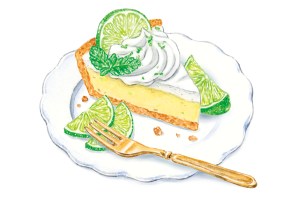

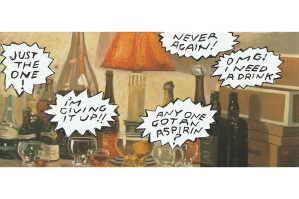
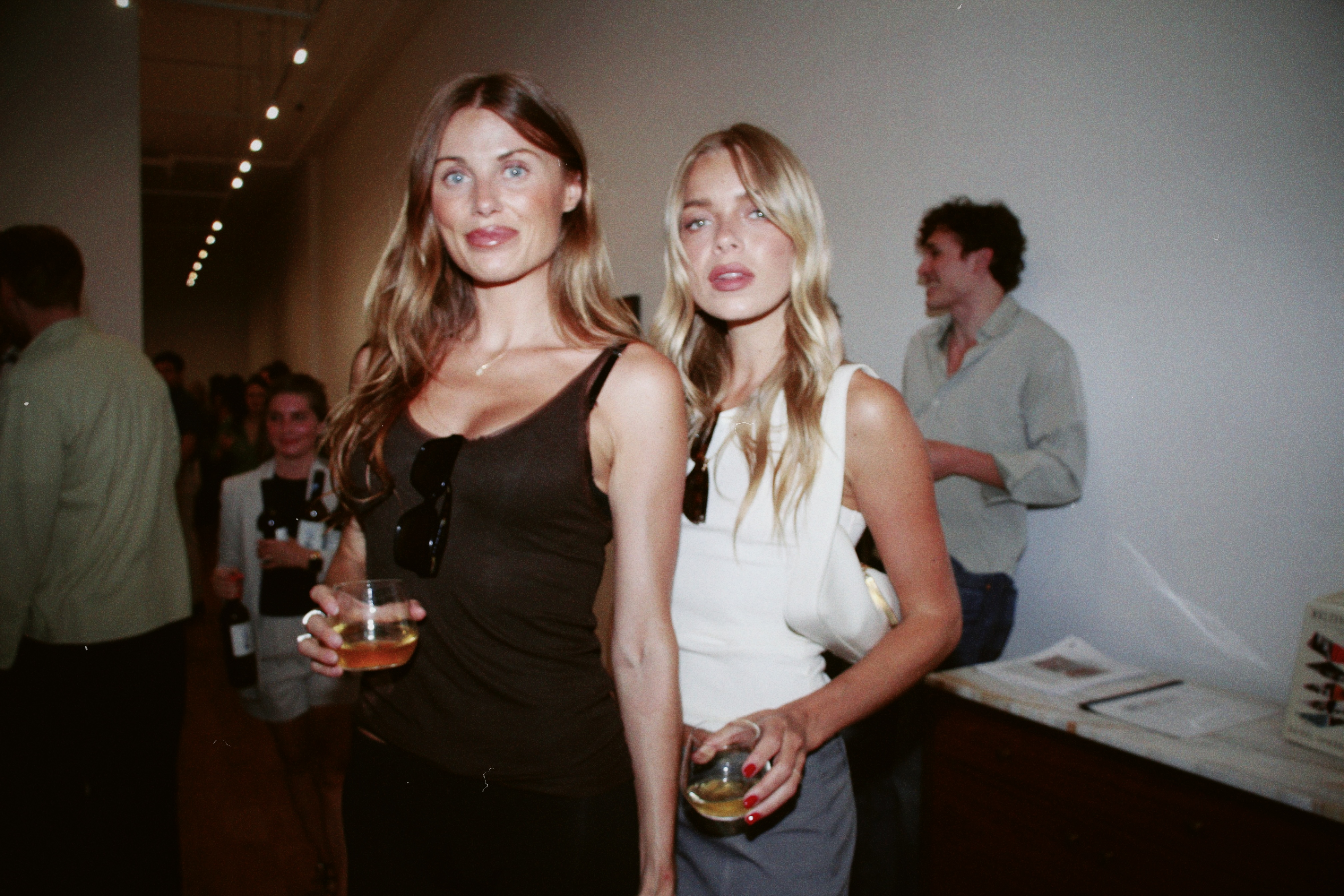
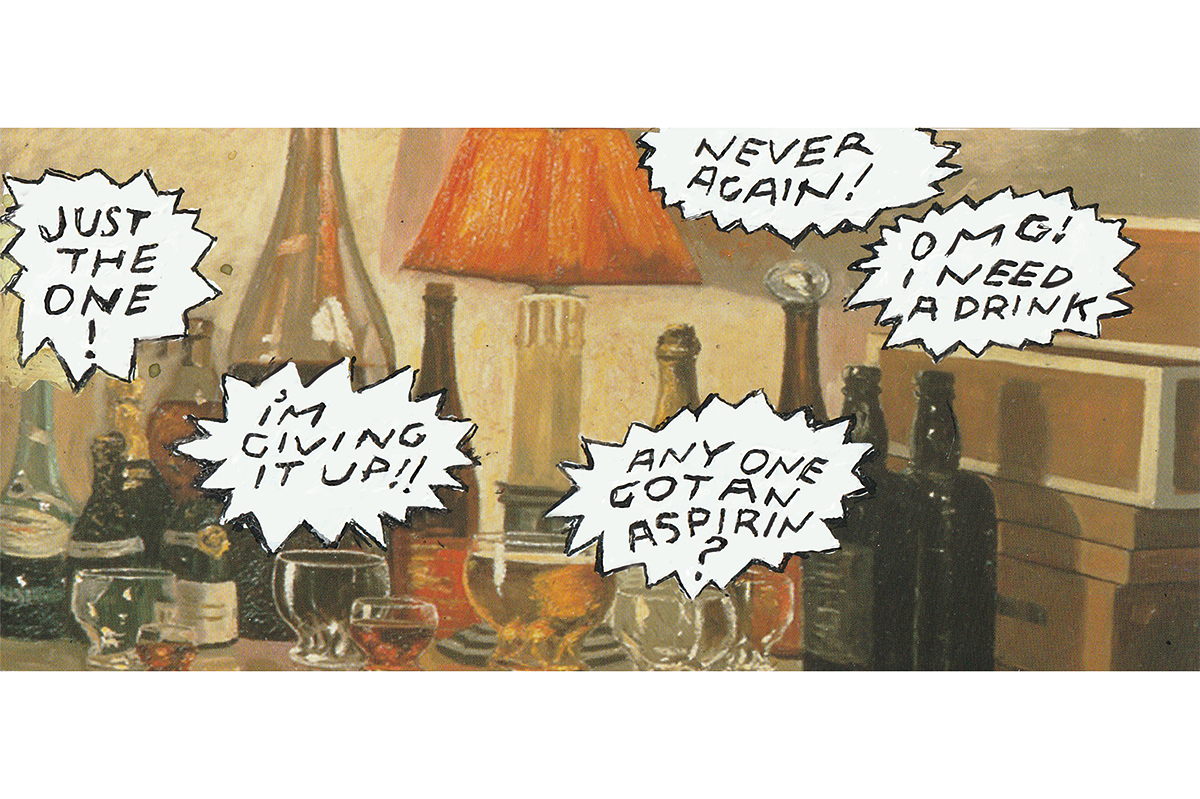
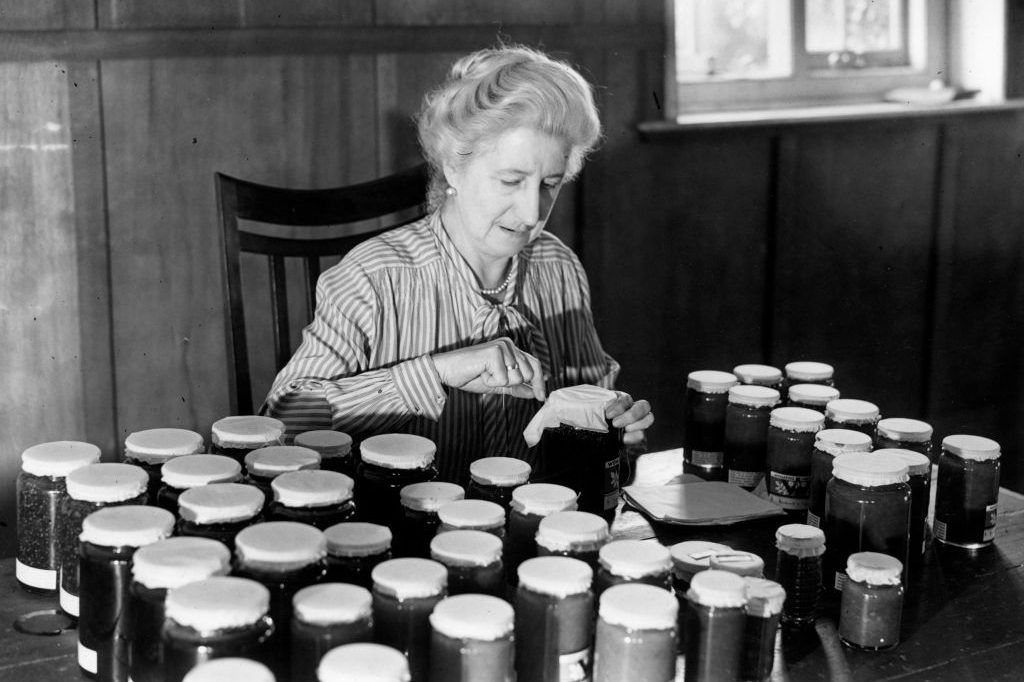
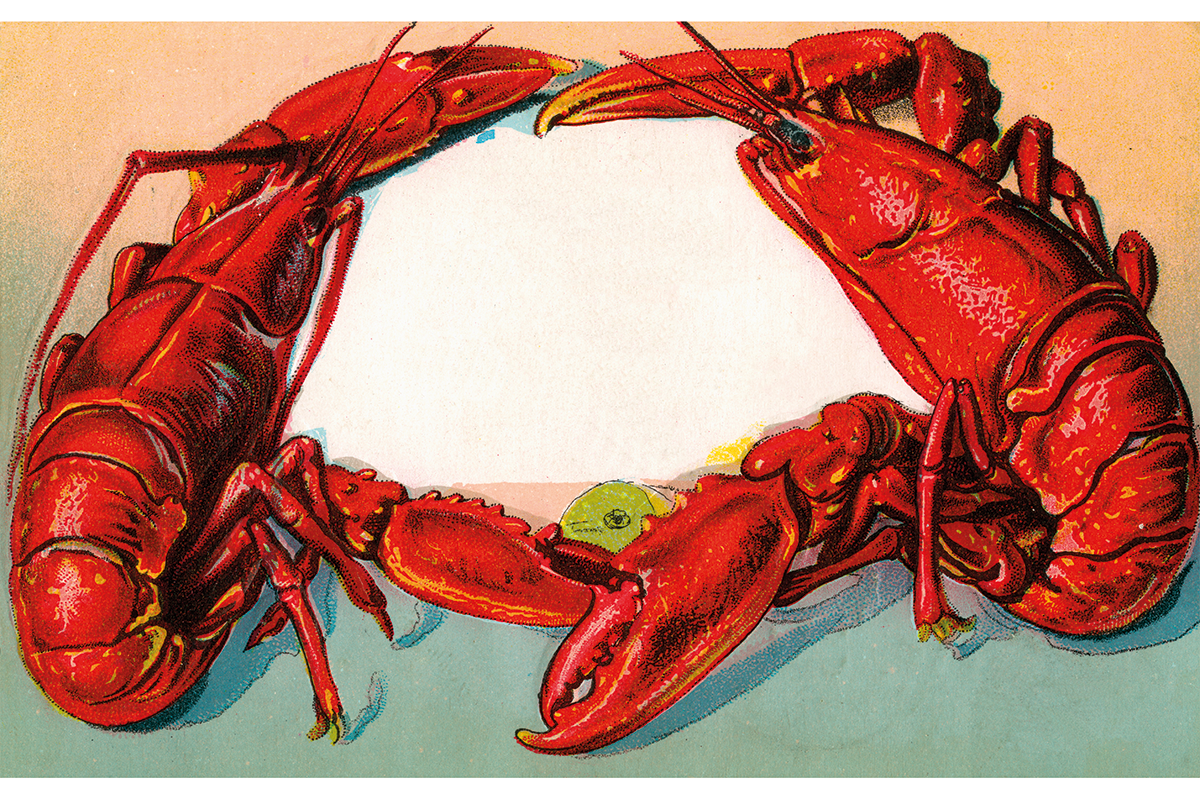
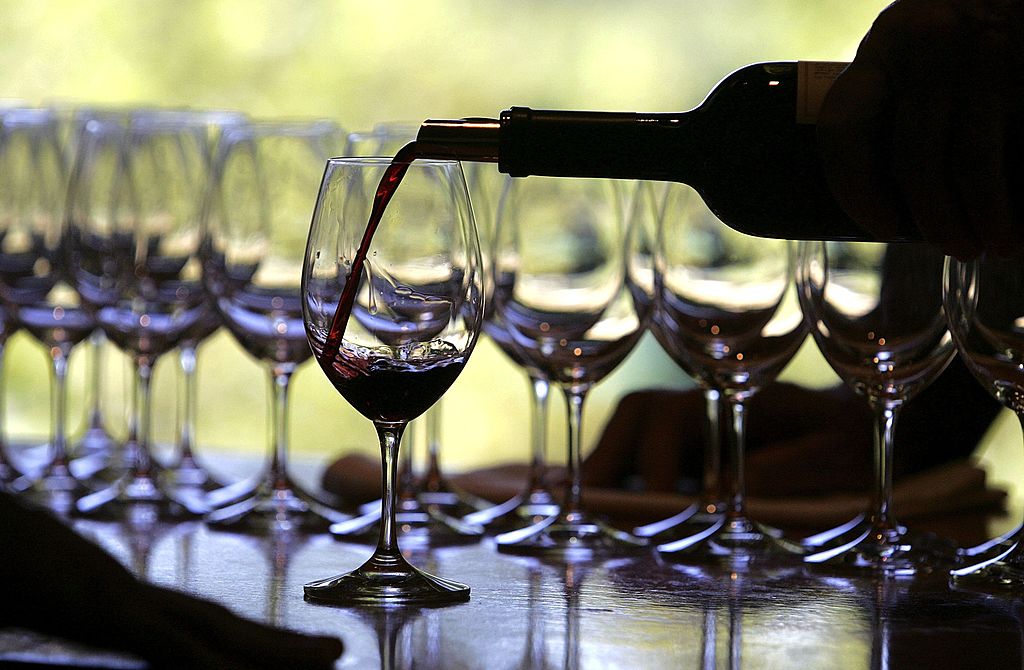
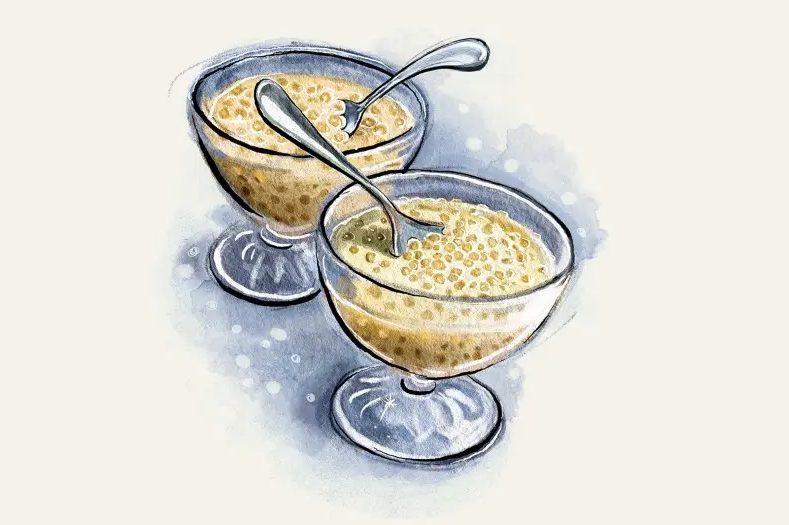







Leave a Reply